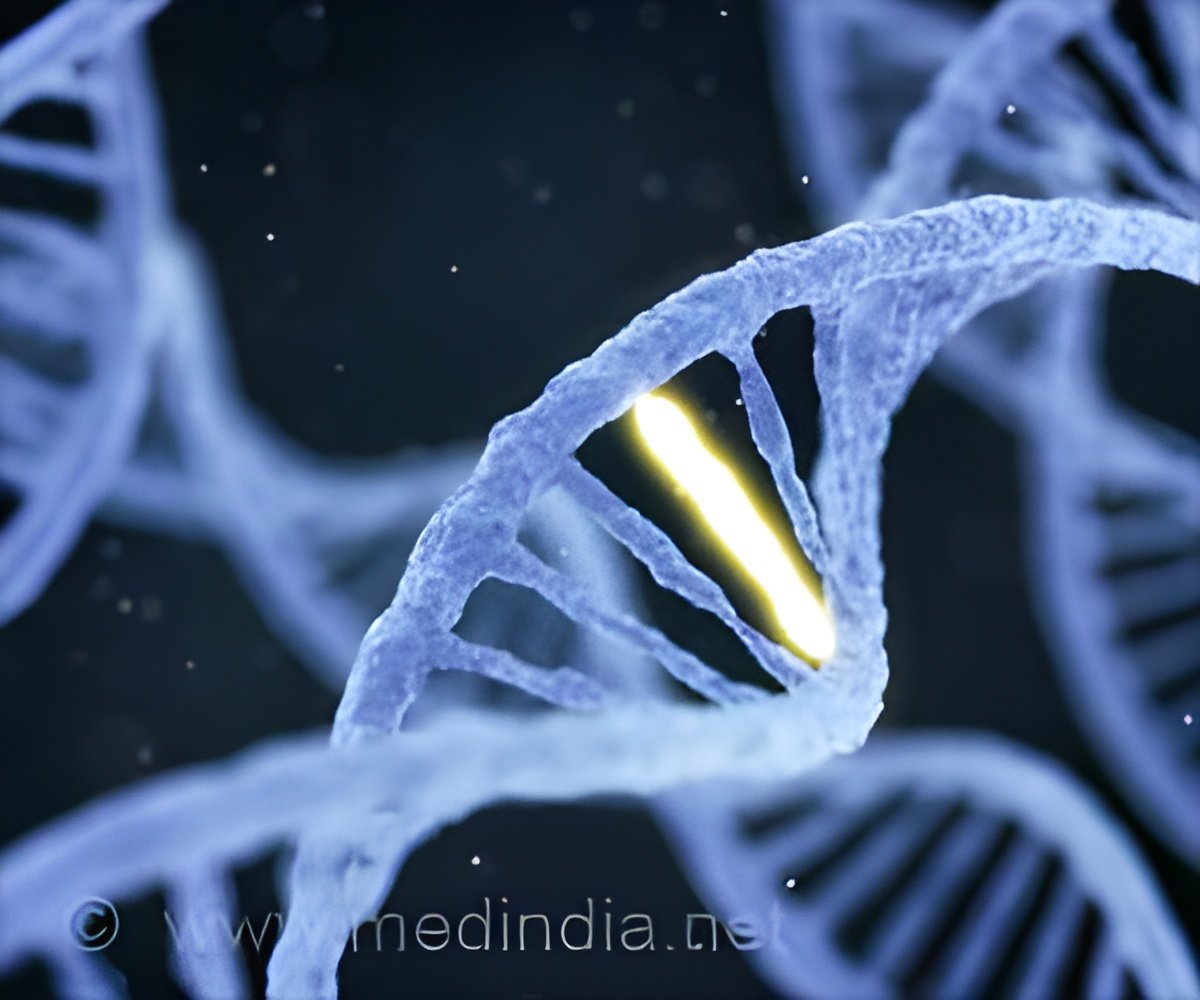On prostate cancer cells, there are two genes ACSL3 and ACSL4 that become resistant to treatment. These genes function in an interconnected way.

‘On prostate cancer cells, there are two genes ACSL3 and ACSL4 that become resistant to treatment. These genes function in an interconnected way. Drugs that inhibit these genes can be developed.’
Read More..




The two genes identified are ACSL3 and ACSL4 help the cancer cells to grow. According to the research conducted by Houjian Cai, associate professor in the College of Pharmacy and his colleagues, the genes function in an interconnected way.Read More..
The Centers for Disease Control (CDC) reported that prostate cancer is the second leading cause of cancer-related deaths among men in the US.
The primary therapy to treat prostate cancer is castration treatment that suppresses the male hormone which helps the cancer cells to grow. This treatment decreases the expression of ACSL3 gene.
As time passes, prostate cancer may become resistant to castration treatment. When this happens, expression of the ACSL4 gene increases.
The researchers found that when the expression of one gene becomes high, the expression of the other becomes low. The roles can also be reversed in some cases.
Advertisement
The researchers studied the function of ACSL4 using cancer cell lines that were resistant to castration treatment. Using a mouse model, the researchers inhibited ACSL4 expression to see how the tumor would response.
Advertisement
Cai said, “Identifying the ACSL4 gene as a target for castration treatment-resistant prostate cancer is the first step. The next step is to find a drug that will inhibit the gene.”
Source-Medindia










![Prostate Specific Antigen [PSA] Prostate Specific Antigen [PSA]](https://www.medindia.net/images/common/patientinfo/120_100/prostate-specific-antigen.jpg)




